Previous
Portable chargers or how to survive when the battery reaches 1%


Your dream house is one step away from you.
Subscribe to our newsletter and get 10% off orders of at least £100,00!
Enjoy it and don’t miss out on our offers and updates.


When Naoto Fukasawa decided to explain how and why he came up with and designed the Demetra lamp series by Artemide, he said:

What did he mean by this? According to Fukasawa, Demetra’s simple and functional shape, the attraction that causes us to move it and adapt it to our needs, responds to an important Zen principle: you shouldn’t think about the object you’re using. It’s only in this way that you can have a harmonious and easy relationship with reality.

This story starts at the end of 2008, when the industrial designer Naoto Fukasawa – who had by then opened IDEO’s Tokyo office, and owned his own worldclass design studio from 2003 – sets up an exhibition together with Tamotsu Fujii, the iconic Japanese advertising photographer.
Photographs by Fujii and drawings by Fukasawa are displayed side-by-side in the exhibition rooms. The official title of the exhibition is Outline and it focuses on the interaction between an environment and any other element. To “outline” is to define, it’s the profile, it’s the boundary that exists between an object and what surrounds it: air, the atmosphere, other objects. People’s experiences, their expressions, their experiences. Time and history, technology.
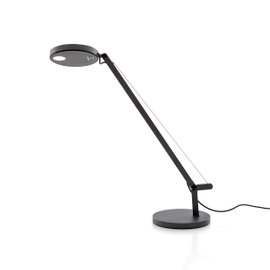
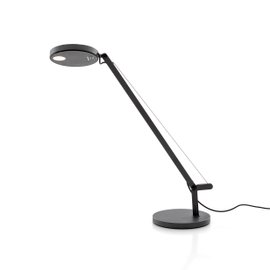

Artemide is the ideal partner for Fukasawa’s idea of design, carefree pieces and design that blends into behaviour: Artemide has the ability to listen, understand a sophisticated stance and at the same time put it into effect by creating an industrial product, accessible to all.

The structure is simple, strong and above all intuitive: you can use your hand to extend it and spin it around, it moves with you and accompanies you in your day-to-day life. You can adjust LED brightness and there’s also a version with a motion detection sensor that extends the lamp according to how close it is to the user. Isn’t this perhaps a concrete example of Fukasawa’s carefree design?
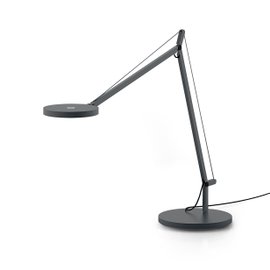
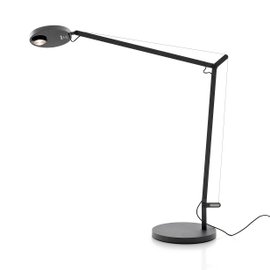




The story dates back to ancient Greek mythology. When Hades kidnapped Persephone and took her away her to the underworld, her mother Demeter, goddess of agriculture and fertility, was distraught. No one had ever seen such a long and harsh winter and famine tormented mankind. But Zeus sought to come to terms: Persephone would spend half of her time in the underworld with her uncle Hades, and the other half on the earth with her mother Demeter. And so, each year Demeter shows her happiness for her daughter’s return with a rich springtime harvest and abundant summer fruits.
To Artemide and Fukusawa, Demetra stands for the very spirit of creativity, an object that enhances our own ability to create something new and wonderful. For the Italian firm and the Japanese designer, Demetra is more than just a lamp, it’s your perfect work companion, ready to light up and inspire, step-by-step, your next spring, the journey towards your next endeavour or discovery, whatever it may be.
Naoto Fukasawa (1956) spent the early part of his career between Japan and the United States designing computers and electronic components, medical equipment, furniture and sports equipment. His international success was decreed by projects like the CD Player designed in 1999 for Muji, a brand whose design he still manages, by Infobar and Neon mobile phones and by products for the ±0 domestic appliances brand. Fukasawa has also worked in partnership with many Italian brands, like Artemide, Driade, Magis, B&B Italia and Danese. Through his work, Fukasawa has won many International awards and to date he’s tenured professor at the Musashino Art University, president of the Good Design Award and one of the directors of 21_21 Design Sight, the first Japanese design museum.
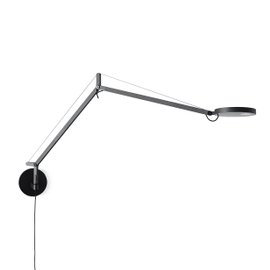


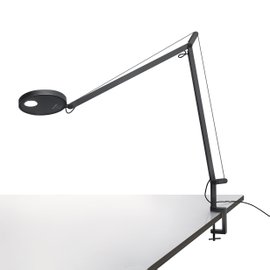


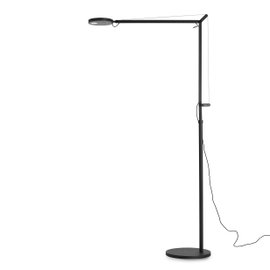



 Back to
Back to
Size*
Quantity*




